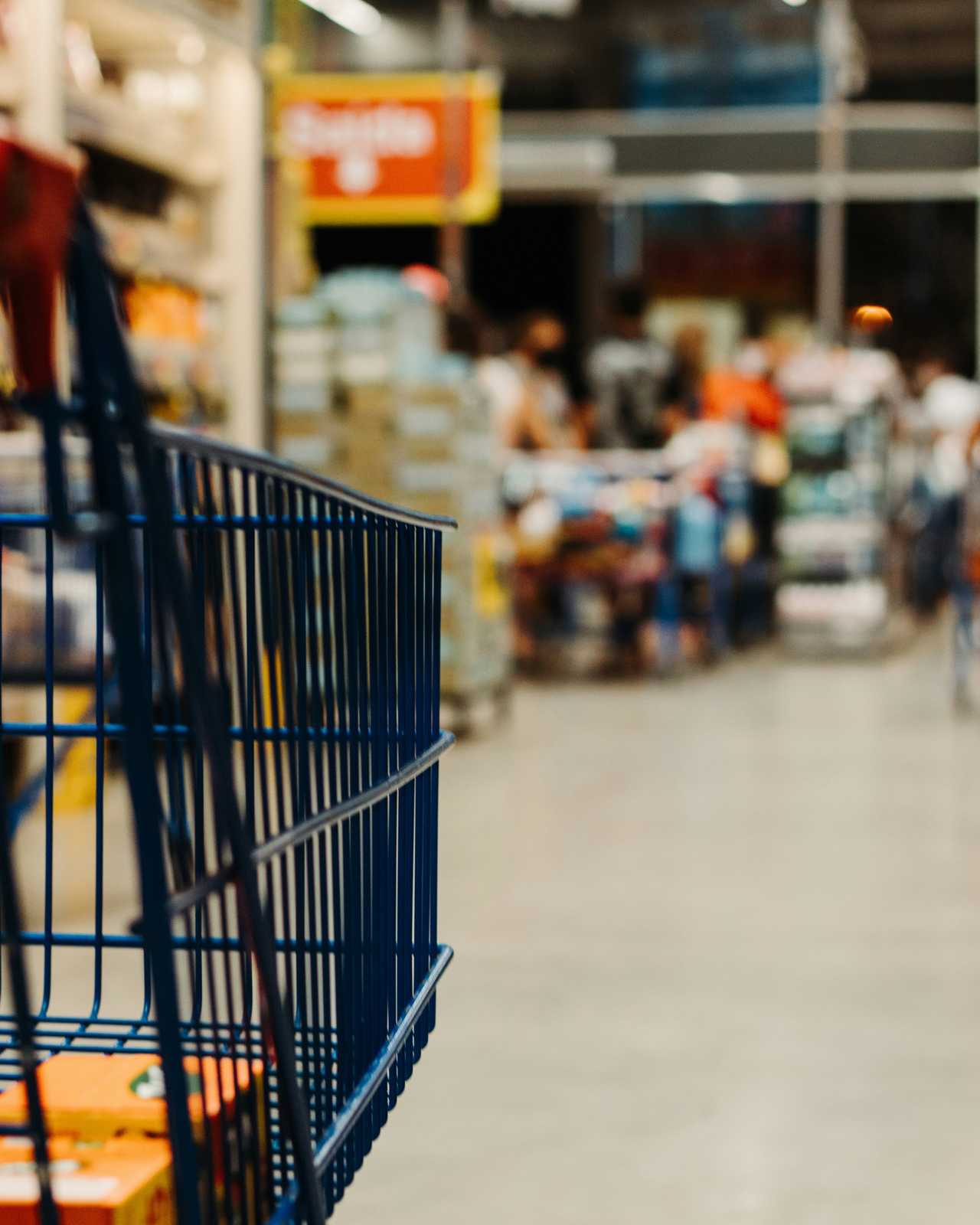
By Chris Spiker From Daily Voice
Most Americans say grocery prices are now a top source of stress, as inflation and President Donald Trump's tariffs drive up the cost of many everyday essentials, a new poll shows.
About 86% said the cost of groceries is a "major" or "minor" source of stress in their lives, according to a national survey from the Associated Press-NORC Center for Public Affairs Research. More than half (53%) said supermarket prices were a major stressor, while just 14% said that groceries aren't a source of stress.
Pollsters also found that two-thirds of households earning under $30,000 say their food bills are a major strain. Even among those making $100,000 or more, only one in five said grocery prices aren't a concern.
The AP-NORC poll highlights how widespread food-related financial anxiety has become. The fears cross age, income, and racial lines as Trump's sweeping tariffs are poised to raise prices on supermarket staples like beef, canned goods, and produce.
According to the Consumer Price Index, food costs have risen 3% since July 2024, outpacing the overall inflation rate of 2.7%. Grocery prices have risen 2.4% annually, while eating at restaurants is 3.8% more expensive.
Other sources of major financial stress include housing (47%), low salaries (43%), inadequate savings (43%), and health care (42%).
A growing number of Americans are turning to buy now, pay later (BNPL) services. The poll found about four in 10 people under 45 have used platforms like Afterpay and Klarna for entertainment, restaurant meals, groceries, or even medical treatments.
Across all age groups, nearly 30% of adults say they've used these short-term installment loans to make ends meet. While BNPL is often marketed as safer than credit cards, financial experts have raised concerns about the risks of missing payments and limited federal oversight.
The poll also showed that women are more likely than men to report stress around income, savings, groceries, and health care. Hispanic adults are especially concerned about housing, credit card debt, and student loans, with about two-thirds saying housing costs are a major stressor.
High grocery prices remain the unifying financial worry for a vast majority of Americans. Even older adults who feel less pressure about housing or child care are just as concerned about rising food costs as younger Americans, according to the poll's findings.
Many food producers and companies have warned about price hikes tied to Trump's tariffs. The escalating costs include Mexican tomatoes, Brazilian beef, and canned foods that rely on imported aluminum.
Outside of the food aisle, Procter & Gamble said it will increase prices on many household necessities in August. The company behind Bounty paper towels, Crest toothpaste, and Tide laundry detergent is expecting to suffer a $1 billion hit from Trump's tariffs during the 2026 fiscal year.
The Hershey Company also said it'll implement double-digit price increases for its candy products, although the hike has been fueled by a yearslong global cocoa shortage.

 Daily Voice
Daily Voice


 KSBY Community
KSBY Community WWLP
WWLP WISC-TV Channel 3000
WISC-TV Channel 3000 America News
America News AlterNet
AlterNet TMZ
TMZ Raw Story
Raw Story The Week
The Week NBC10 Philadelphia Entertainment
NBC10 Philadelphia Entertainment The List
The List Columbia Daily Tribune Sports
Columbia Daily Tribune Sports